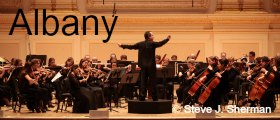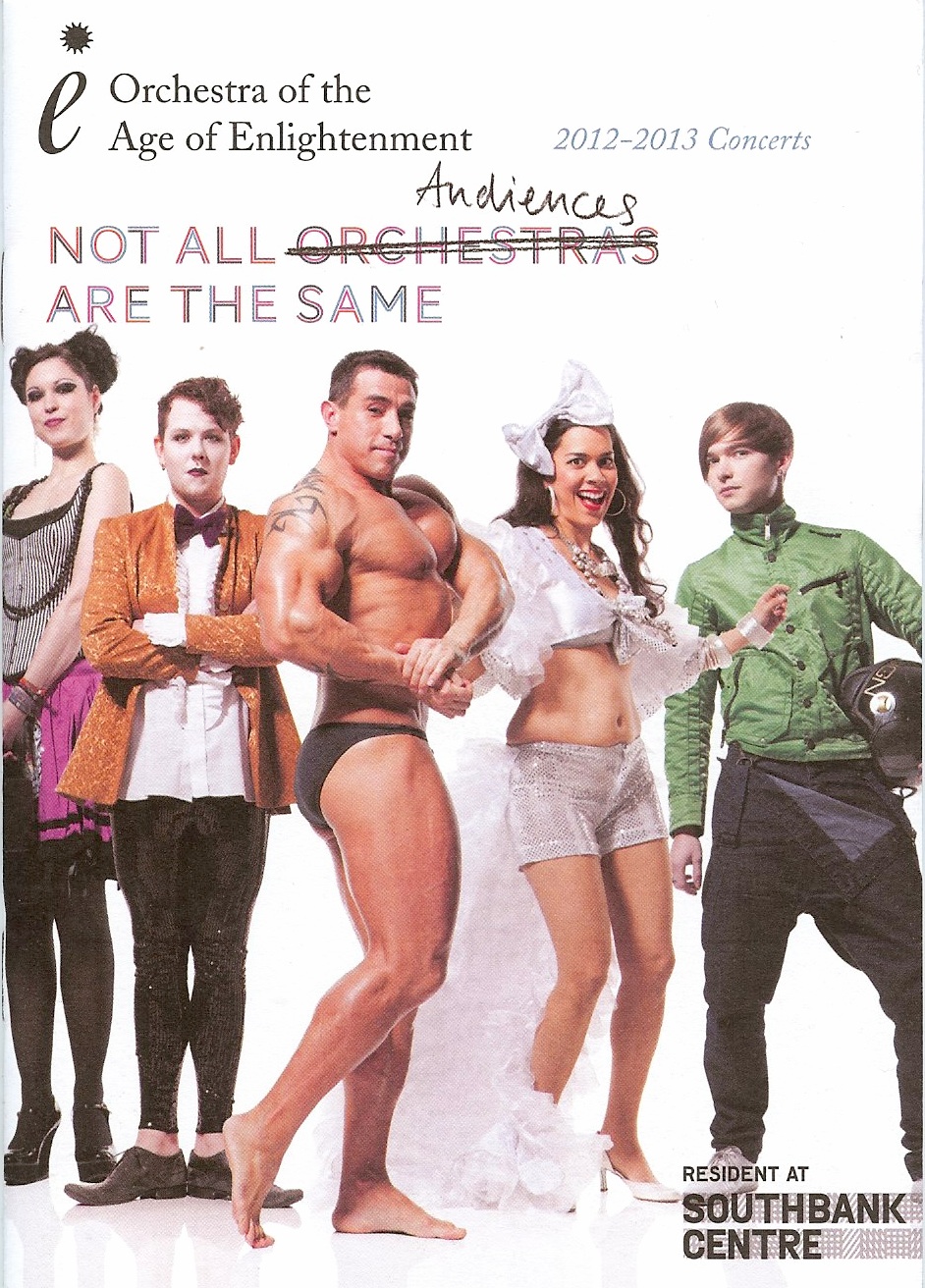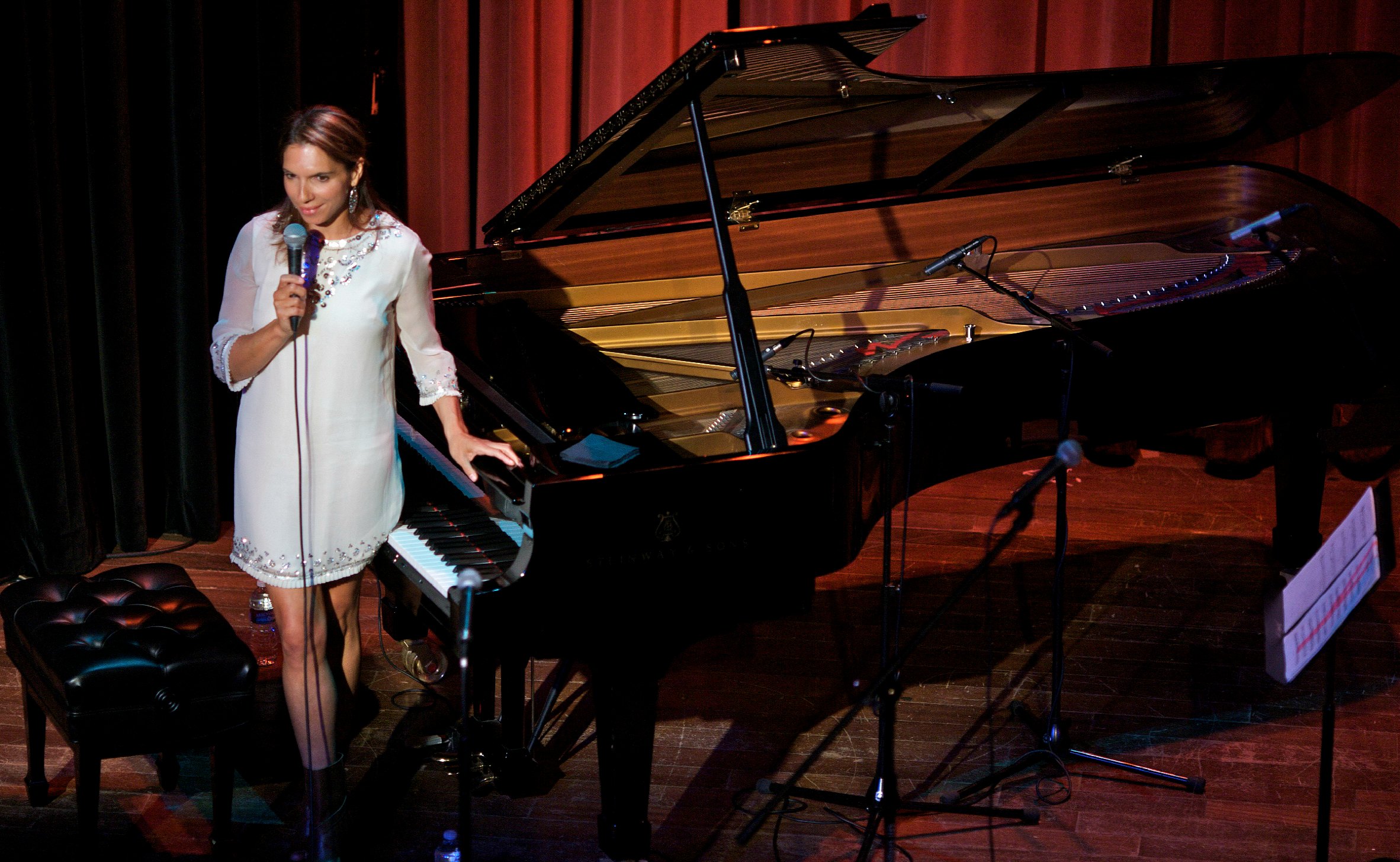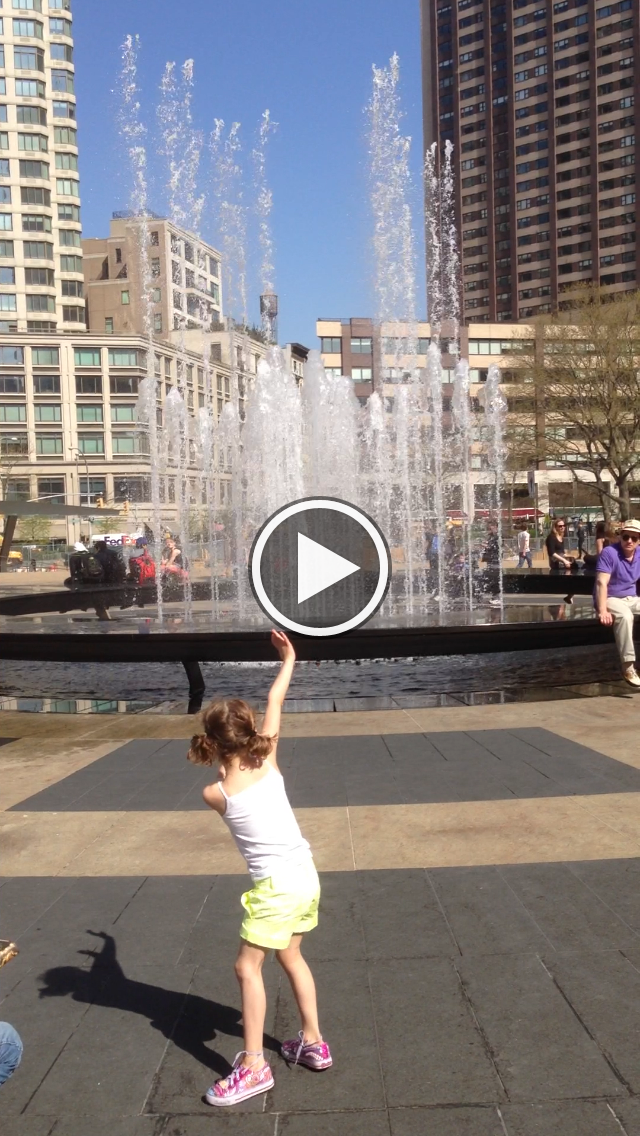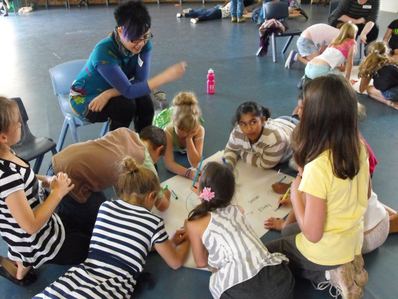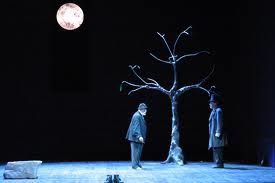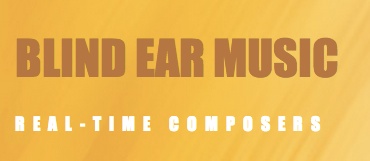So who is Spring for Music for? If you go to the concerts, the answer seems obvious. This festival — which finished its third season at Carnegie Hall last week — features orchestras from around the US, some of which haven't played in New York before, or haven't done so for years. Their hometown fans (sometimes more than a thousand at a time) flood Carnegie Hall, waving colored banners. So that's who the festival in practice is for, the people who most visibly come to it, the ones who most clearly care. The hometown fans. But I don't … [Read more...]
Spring…
Three posts, in reaction to Spring for Music, an orchestra festival at Carnegie Hall, now in its third and next to last year. I've been to only two of the concerts, because I no longer live in New York. But the one I went to last Friday — the Detroit Symphony, under Leonard Slatkin, playing all four Ives symphonies, which I very much enjoyed — certainly made me think. So first my reaction to the concert's audience, to the Detroitness of the whole thing, because one feature of this festival is the excitement of the hometown audience for … [Read more...]
The Monday post
Introducing something fun — posts every Monday with classical music surprises, often from our forgotten history. Today, two orchestra tales. When Leopold Stokowski was music director of the Philadelphia Orchestra he somehow discovered that the Philadelphia police force had a motorcycle officer who was an expert xylophonist. So he invited him to a children's concert and made him the centerpiece of a surprise charade. Stokowski himself opened the program with Mozart's Marriage of Figaro Overture. But he played it at a mile-a-minute clip — … [Read more...]
Two paths
This is a post about assumptions. We all make them. And we couldn't do without them. None of us approaches anything we do as some kind of blank slate. We have opinions, preconceptions, things we like and things we don't, and all of this colors everything we do. Even research. If you want to find a new audience for classical music, and do research to find how best to do that, the direction of your research — and even your conclusions — will blow with the winds of the assumptions you made at the start. To show what I mean, here are two … [Read more...]
From Lara Downes: Walking the walk
When I walked onstage at Yoshi’s San Francisco last Wednesday night, it was with a completely new version of butterflies in the stomach. This time, after a lifetime of going onstage as a concert pianist, I was going on as a concert presenter, welcoming the audience as Artistic Director to the very first program on my new series The Artist Sessions. I was launching the series with the West Coast release party for my new CD Exiles' Cafe, and I'd invited the genre-bending Quartet San Francisco as my guests, along with a co-host, Rik Malone from … [Read more...]
Imagine the future
Well, part of this isn't imaginary. I have speaking gigs coming up — late May at the Bergen International Festival in Norway, and June 19 at the League of American Orchestras annual conference in St. Louis. In Bergen, I'll be speaking privately on May 30 to Klassisk, the association of Norwegian concert promoters, and then I seem to have top billing in a debate on the future of classical music, from 5 to 6 PM on May 31. Debating with me will be Rolf Gupta, a conductor, and the manager of the classical music at NRK Radio (the Norwegian … [Read more...]
Hidden history
Here's a solution to the Met Opera's financial woes: Open a gambling casino in the opera house. Cue howls of outrage. But opera was in fact funded that way in 19th century Italy. That's one thing I've learned from a book called Bel Canto Bully (not a great title), a biography of Domenico Barbaja, the leading 19th century Italian opera impresario, written by Philip Eisenbeiss, and about to be published. I knew Barbaja's name, as many serious opera fans might, because he ran the San Carlo opera house — the grandest in Italy — in Naples. And … [Read more...]
Make some noise
Taking some leisure yesterday in the sun, at the Lincoln Center fountain. The fountain was putting on a show — dancing, playing, shooting high, falling back to nothing at all, making walls of water, so much fun. Here's a video (from my iPhone), complete with dancing little girl. (It'll take a while to load. And clicking the arrow on the right won't show it.) All this was completely unheralded. Nothing advertising the fountain dance, unless you count a guard coming around to warn people (like me) sitting at the edge that we might get … [Read more...]
Taste and beauty
This stopped me dead in my tracks the Sunday before last, when I was browsing through the New York Times. It's a photo of Julianne Moore, on the cover of T, the Times's fashion magazine. Arrestingly beautiful, I thought. And certainly not an old-fashioned, clear and simple kind of beauty. Hair everywhere. And all those dark spots. Spots of dirt, my wife and I first thought. But in fact they're some of the freckles that (as Moore says in the interview that goes with the photo) shower her body. Contemporary beauty. Layered, deep, not … [Read more...]
From Sally Whitwell: It’s a new day
I've been thinking a great deal about classical musicians and creativity recently, following my experience as a performer and composition workshop presenter for teenagers at the Perth International Arts Festival (PIAF). It was rather shocking to me to hear from various people in the festival management that they found it very difficult to get the classical performers appearing in the festival to do creative workshops as well. A quick skim of the festival program confirmed their fears to me. Apart from a sprinkling of masterclasses aimed at … [Read more...]
They do not move
As I replied to blog comments on my last post (about a coming tipping point), I found myself explaining why it's hard for many classical music institutions to change, even if they want to. Often I'm reminded of the very end of Waiting for Godot: Well, shall we go? Yes, let's go. They do not move. Of course, some institutions do make changes, and some don't want to, because they're in denial — they don't think there's a crisis, or they imagine things will turn around if they just keep doing what they always did. Or else they're … [Read more...]
A tipping point is coming
Here are some straws in a very strong, important wind: There's a major US classical music institution — one of the most important in America — whose CEO and board chair routinely say (in private) that the performances they offer are obsolete, not suited to contemporary culture. There's a top European music festival whose CEO thinks classical music has to change decisively. The deans of two US conservatories want to revamp their curricula, thoroughly, to bring their schools into the modern age. I know these things either firsthand, … [Read more...]
From Liza Kravinsky: Go-go symphony marketing (1)
It's time for me to plan a marketing strategy for the go-go symphony, my composition that plays symphonic music over Washington DC's unique go-go dance beat. I figure that blogging about my thought process would help me think, so here we go. But first some basic information for the uninitiated: As I explained in more detail in my last blog post, go-go is a sub genre of funk that has been extremely popular in the Washington DC area since the 1970s, especially with African Americans. Its main feature is live swinging polyrhythm — endless … [Read more...]
More things conservatories need
Here are some final thoughts on what music schools need. Well, final for now. This is a big subject, and readers — thanks so much for your support for my ideas! — are warmly invited to comment with thoughts of their own. Briefly…I'm saddened by the silos music schools build. And a parenthesis here: I realize I wasn't clear to readers outside the US, when I've talked about "music schools." It wasn't clear to them that I was talking about conservatories, about professional classical music education. So I should have said "conservatories," … [Read more...]
Happy days
The happy news: a composing project premiering Thursday my blog collaborators and a grant I've gotten, to help me start a catalogue of changes in classical music Though first something less happy — an attack of stomach flu. That's over, but it laid me low for a bit. One reason for less activity you might have seen from me. Especially because I also, stomach or not, forged ahead with a composing project, which will be heard Thursday in New York. This is a piece for Blind Ear, a comopser/musician collective cofounded by a former … [Read more...]

